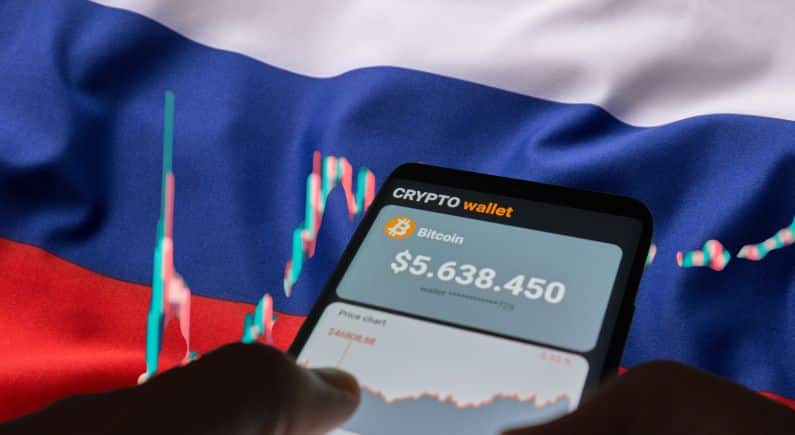New era for Payments Sector in India

India’s Adani Group, led by Asia’s second-richest man Gautam Adani, (pictured above) is making strategic moves into the ecommerce and payments sector, aiming to compete with tech giants like Google and domestic conglomerates like Reliance Industries.
Adani’s entry into this space is part of a broader strategy to diversify its vast portfolio, which includes infrastructure, logistics, ports, airports, and power, into consumer-facing markets. The group is considering applying for a license to operate on India’s Unified Payments Interface (UPI), a public digital payments network that has become a staple in the country. In addition, the group is in discussions with banks to finalize plans for a co-branded Adani credit card.
In the ecommerce sector, Adani is negotiating to offer online shopping through the Open Network for Digital Commerce (ONDC), a rapidly growing, government-backed public ecommerce platform. Both UPI and ONDC are part of India’s digital public infrastructure stack, attracting hundreds of millions of users monthly and popular among groups building consumer technology businesses.
The proposed services will be available through Adani’s consumer app, Adani One, launched in late 2022, offering travel services such as flight and hotel bookings. The app will leverage the interoperability of networks like UPI and ONDC, allowing companies to transact through other providers without investing in proprietary platforms.
Despite facing allegations of market manipulation and fraud by US short seller Hindenburg Research last year, which led to a significant drop in Adani’s listed stocks, the group has rebounded. Shares of its flagship company, Adani Enterprises, have almost fully recovered.
Ambition for digital expansion
Adani’s consumer push also includes plans to integrate various parts of its business empire, such as broadcaster NDTV, acquired in 2022, and its Adani Wilmar joint venture selling food staples. The group also plans to establish a think-tank focused on climate change, energy, and politics.
The ecommerce and payments offerings will initially target existing users of its businesses, potentially amounting to hundreds of millions of people, including gas and electricity customers and travellers at its airports. These users could acquire loyalty points through bill payments or duty-free purchases and use them for online shopping.
However, analysts remain skeptical about Adani’s prospects in this space, given the limited traction of similar initiatives by other conglomerates and the head start enjoyed by companies like Reliance in consumer businesses. Adani declined to comment on these developments.






